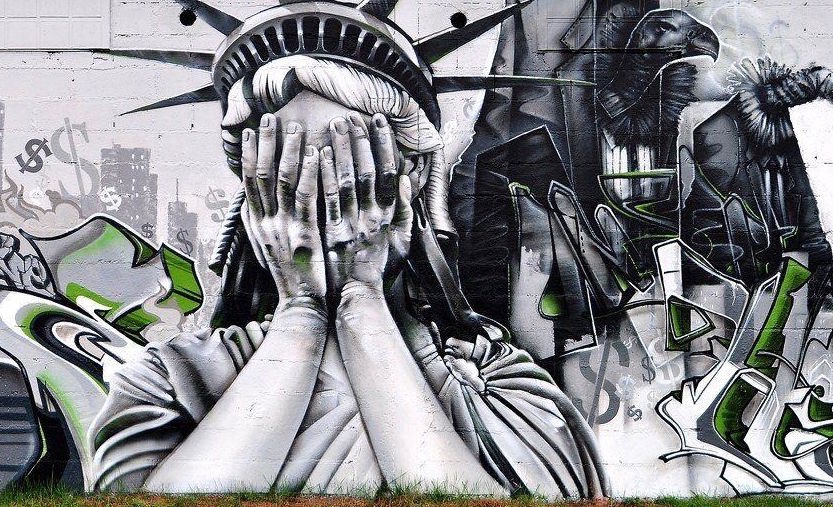Reading Lists
8 Books About First Contacts and Alien Encounters
A post-Arrival reading list for anyone who wants more mind-expanding tales of first encounters and intergalactic puzzles.

It’s December — are you in the mood for some mind-expanding sci-fi?
Let’s say you’ve seen the film Arrival–or you’re a fan of Ted Chiang’s short story “Story of Your Life,” from which it’s adapted. (Or maybe both.) And you might be clamoring for more stories that push similar buttons, narratively and thematically speaking. In other words, the headiness of high concepts blended with the inherent tension that comes when humans encounter a civilization that is, in some fundamental way, alien to them.
The works on this list offer a diverse array of takes on these fascinating interactions. Most fall into the category of first contact stories, while a few offer interesting variations on the concept. All of them grapple with grand ideas: what makes us human? What makes us intelligent? And to what extent must we change in order to interact with a different form of life?
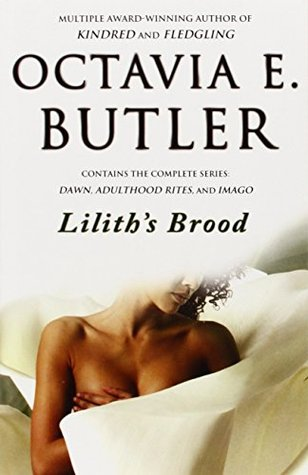
1. Lilith’s Brood, by Octavia E. Butler,
In Octavia E. Butler’s Lilith’s Brood (first published as the Xenogenesis trilogy), humanity encounters an alien race known as the Oankali, who offer the prospect of peace and improvements to the Earth–but also hope to reproduce with humans in order to create a new species. Butler examines grand questions in this work and explores both the societal and the personal effects of this encounter and the changes that it promises.
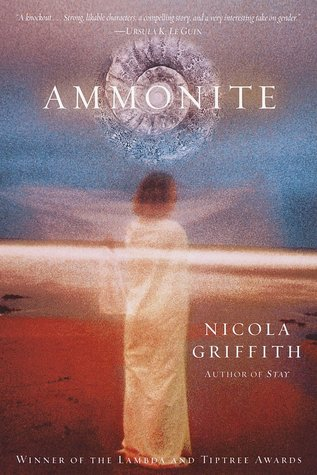
2. Ammonite, by Nicola Griffith,
In Nicola Griffith’s Ammonite, humanity has begun to colonize distant planets. Protagonist Marghe Taishan journeys to Grenchstom’s Planet, where a virus apparently wiped out the last attempt at a colony, only to find that a civilization has developed there. The implications of this discovery, and the planet’s effects on the humans who call it home, make for a book that both deals with humanity’s evolution and the conflicts that evolution can cause.
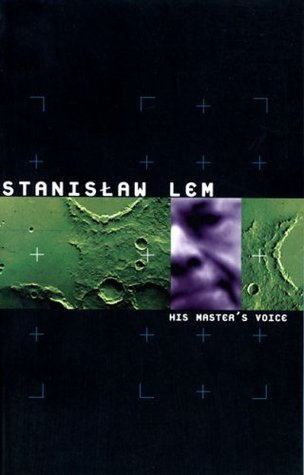
3. His Master’s Voice, by Stanisław Lem,
In this heady volume from Solaris author Stanisław Lem, narrator Peter Hogarth is one of a group of scientists living in a remote complex and attempting to determine the origin and nature of a message beamed across the universe. Is it information from a distant civilization, a communication that’s metaphysical in nature, or something utterly beyond human comprehension? Intense theory meets bold philosophical speculation in this narrative, leaving the reader with a series of haunting ambiguities.
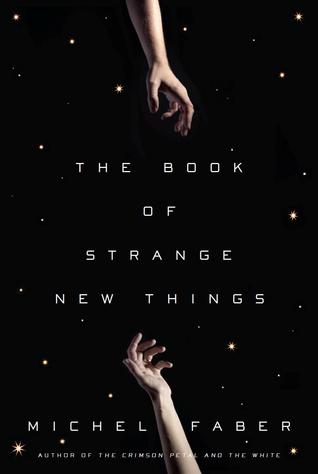
4. The Book of Strange New Things, by Michel Faber
The philosophical aspects of alien contact take on a heightened dimension in The Book of Strange New Things, as its protagonist is a missionary sent to a distant planet to talk with a group of aliens who have expressed abundant curiosity about Christianity. Faber doesn’t shy away from the larger implications of this inquiry and keeps his aliens fundamentally alien, paving the way for a thought-provoking novel of ideas.
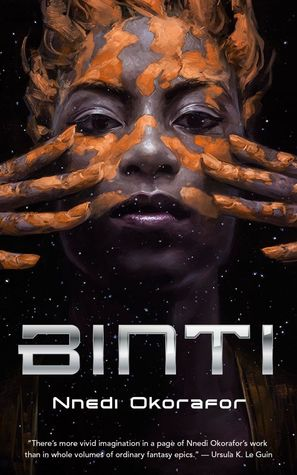
5. Binti, by Nnedi Okorafor
The future depicted in Nnedi Okorafor’s award-winning novella Binti is one in which humanity has made contact with a host of alien civilizations. As the book opens, the title character is about to leave Earth to study at a university far from her (and our) planet. But soon, she finds herself in contact with a group of dangerous aliens, a precarious situation with a solution that hearkens back to Binti’s time on earth and some long-buried history.
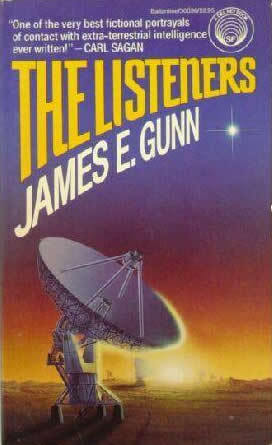
6. The Listeners, by James Gunn
Set in the near future and proceeding forward in time, The Listeners grapples with questions of science, faith, and technology. In it, humans receive a transmission from a distant star, and must grapple with the implications of it–both the existence of an extraterrestrial civilization and the civilization’s motivations for contact. The book’s historical scope also allows Gunn to show how this knowledge might alter humanity over a span of several decades.
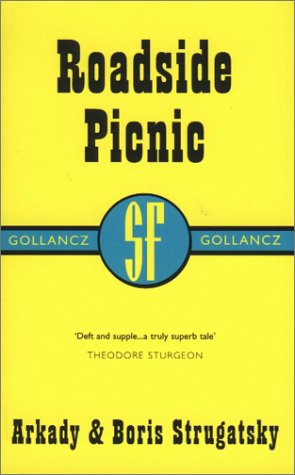
7. Roadside Picnic, by Arkady and Boris Strugatsky
What if contact with extraterrestrials took place and altered parts of our world so drastically we were no longer able to comprehend them, boggling minds and pointing out our own cosmic insignificance? Roadside Picnic (loosely adapted on film as Stalker) explores the more unsettling side of this archetypal science fiction scenario: rather than a landmark moment for two civilizations, humanity’s first encounter with aliens might be a non-event for one of the parties.
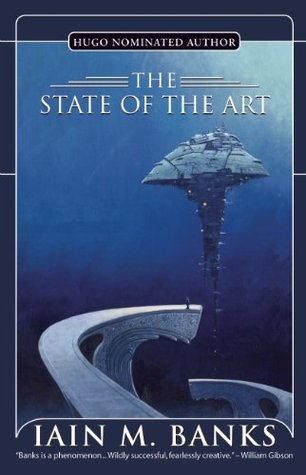
8. The State of the Art, by Iain M. Banks
Though the galaxy-spanning narratives in the late Iain M. Banks’s Culture novels are largely far removed from more familiar earthly settings, Banks still engaged with ethical and societal questions that are deeply resonant with contemporary audiences. The setting of the Culture novels is vast, and encompasses a host of different species. In the title story of this collection, representatives of this highly advanced civilization debate the merits and drawbacks of making contact with one planet: Earth.





